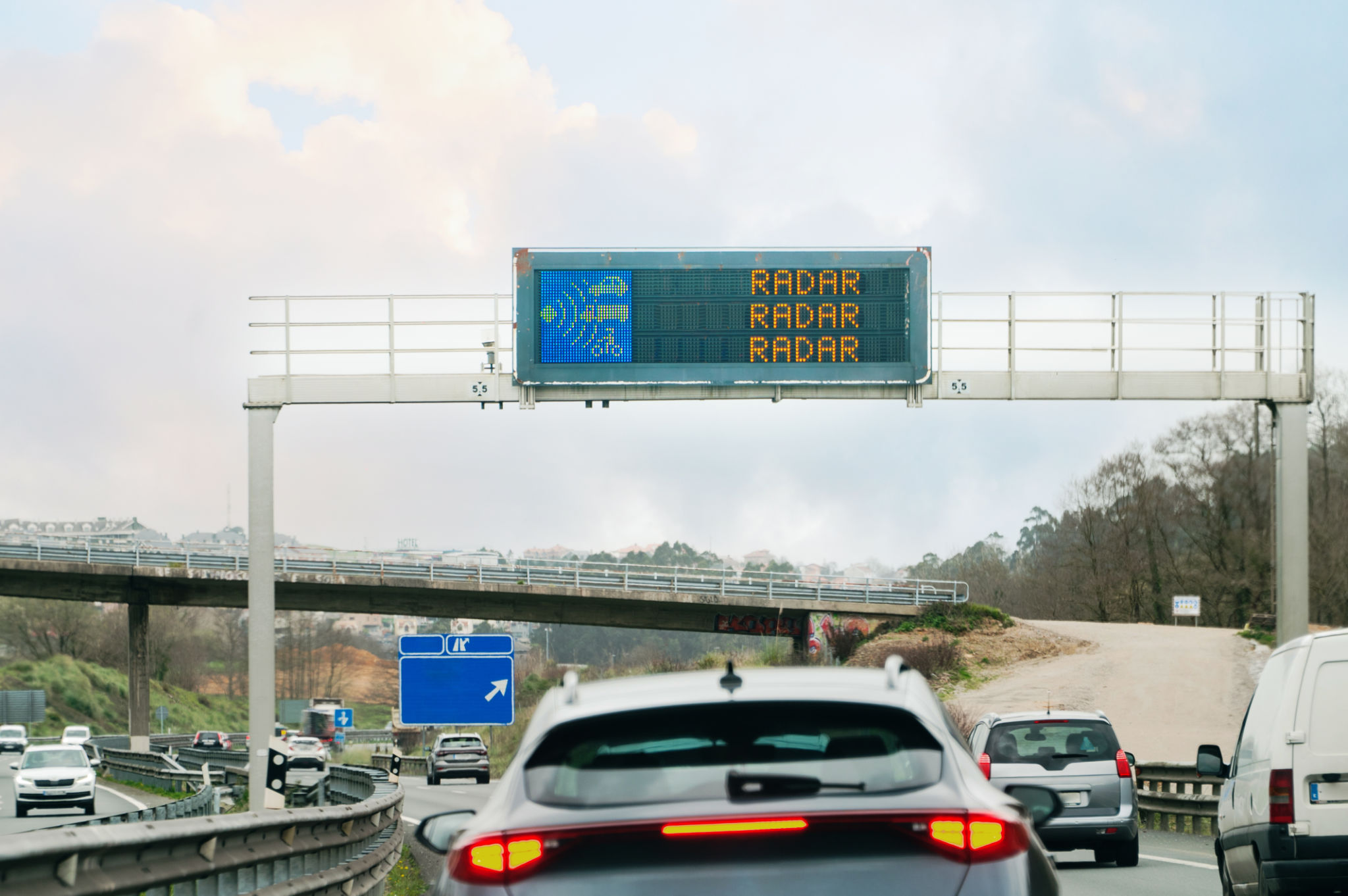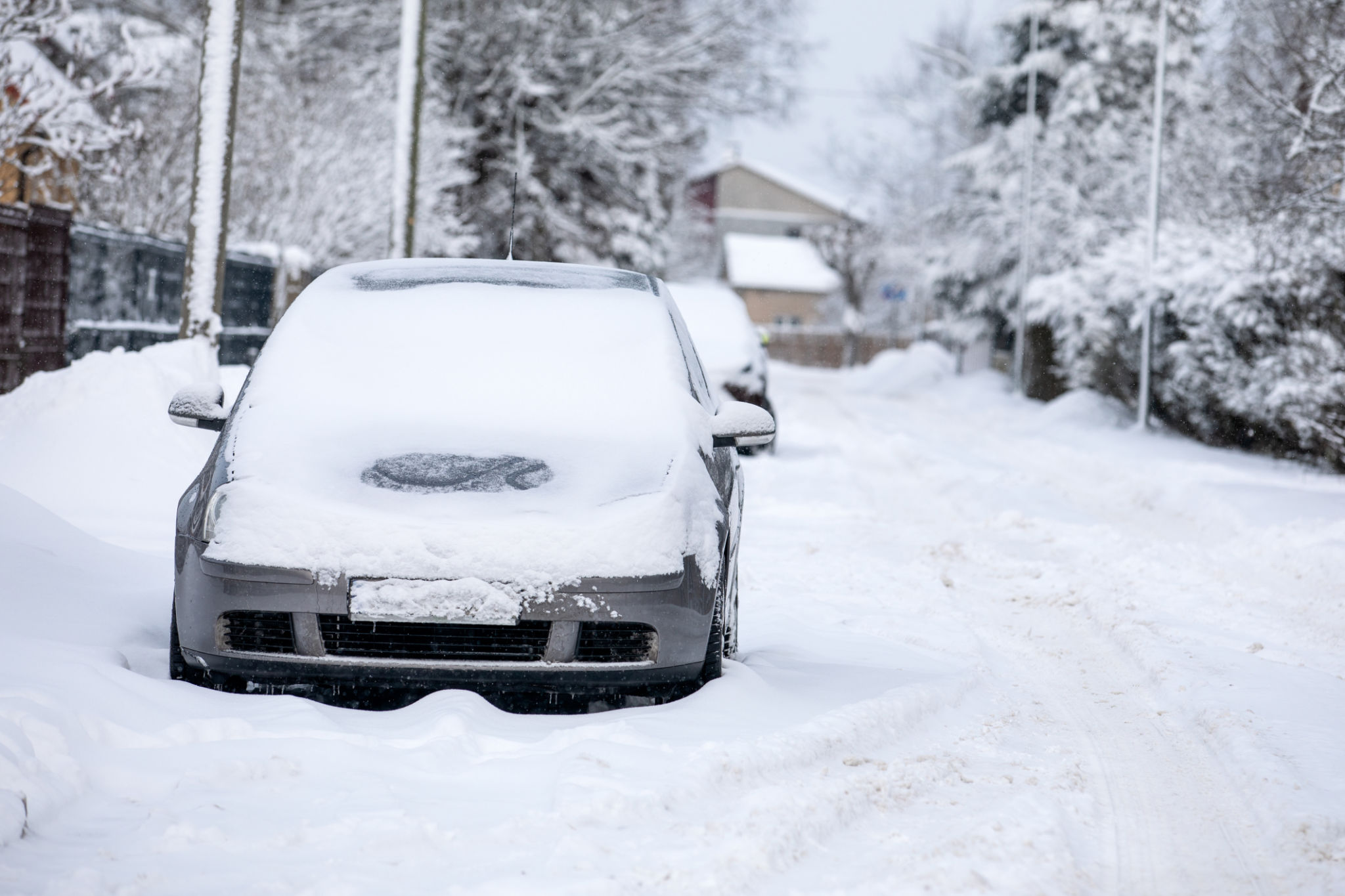How Seasonal Changes Affect Car Radar Systems in West Yorkshire
The Impact of Weather on Radar Systems
The weather in West Yorkshire is known for its unpredictability, which can pose challenges for car radar systems. These systems rely on a clear line of sight to detect objects and hazards on the road. However, various weather conditions can interfere with their accuracy and functionality. Understanding how these changes affect radar systems is crucial for ensuring safe driving year-round.

Rain and Its Effects
Rain is a common occurrence in West Yorkshire, and it can significantly impact radar systems. Heavy rain can cause radar signals to scatter, leading to inaccurate readings. This scattering effect reduces the range and effectiveness of the system, potentially resulting in false alarms or missed detections. Drivers should be aware of this limitation and exercise extra caution during downpours.
Moreover, water droplets on the radar sensor itself can also degrade performance. Regular maintenance, including cleaning the sensors, can help mitigate these issues and maintain optimal system functionality.
The Challenge of Fog
Fog is another weather condition that can affect radar systems. The dense mist can absorb and reflect radar signals, making it difficult for the system to detect objects accurately. This can lead to delayed or incorrect responses from the vehicle's safety systems.

To combat the effects of fog, some radar systems are equipped with advanced processing algorithms that enhance signal interpretation. However, even with these improvements, drivers should still remain vigilant and adjust their driving behavior in foggy conditions.
Winter Weather Woes
Winter brings its own set of challenges for radar systems in West Yorkshire. Snow and ice can obstruct radar sensors, leading to diminished performance. Accumulated snow on the sensors can block signals entirely, rendering the system ineffective until cleared.
In addition to physical obstructions, cold temperatures can affect the electronic components of radar systems. Manufacturers often design these components to withstand low temperatures, but extreme cold can still pose risks. Regular checks and maintenance during winter months are recommended to ensure proper operation.

Spring and Summer Considerations
While spring and summer generally offer more favorable conditions for radar systems, they are not without challenges. Pollen and dust accumulation can cover sensors, affecting their efficiency. Additionally, sudden temperature changes during these seasons can cause condensation on sensors, impacting their reliability.
Regular cleaning and inspections are essential during these periods to prevent any reduction in system performance. Ensuring that sensors are free from debris will help maintain their accuracy.
Maintaining Radar Systems Year-Round
To optimize the performance of car radar systems throughout the year, regular maintenance is crucial. Here are some tips:
- Clean sensors regularly to remove any obstructions like dirt, snow, or pollen.
- Conduct routine system checks to ensure all components are functioning correctly.
- Stay informed about weather conditions and adjust driving habits accordingly.
By understanding how seasonal changes affect car radar systems and taking proactive measures, drivers in West Yorkshire can enjoy safer journeys regardless of the weather.
